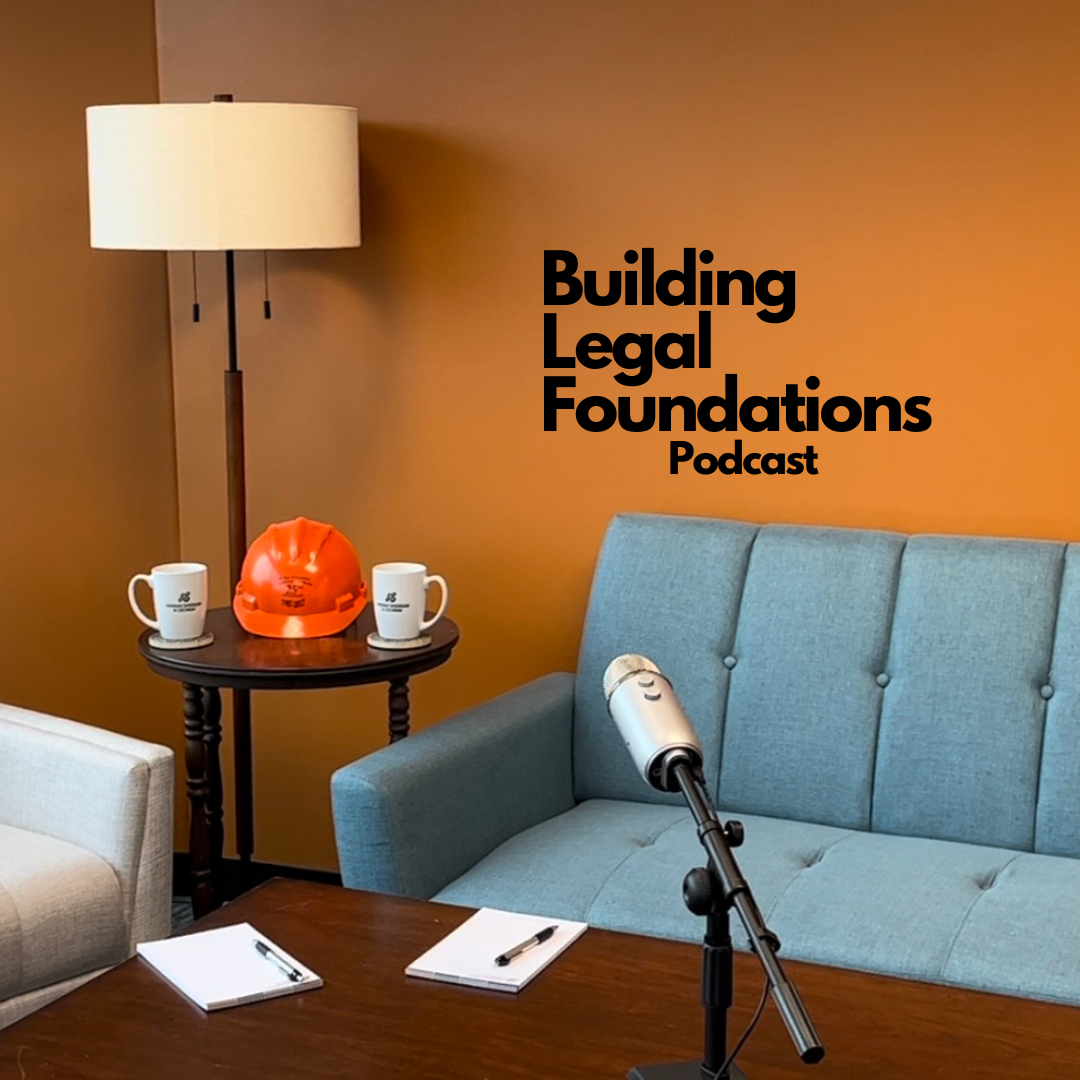Hannah Sheridan & Cochran's own podcast, previously available via Spotify, is now available to listen…
Deception, Ruse & Subterfuge: When does a bad act rise to Fraud or Unfair and Deceptive Trade Practices?
Often, when business people feel they have been wronged or misled by another, their immediate response is: “This is FRAUD” or “I’ve been DECEIVED and it’s UNFAIR”. While these are certainly justified responses to the perceived bad acts of another, quite often those misdeeds do not rise to the level of “fraud” or “unfair and deceptive trade practices” in North Carolina. Oftentimes, the victims of bad acts in a business setting are left with less glamorous causes-of-action, such as: “breach of contract” or “misrepresentation”. This begs the questions: What constitutes civil fraud in North Carolina? What must be proven in order to maintain an action for unfair and deceptive trade practices?
FRAUD: The Supreme Court has concluded that there are 2 types of fraud in a civil context: Actual and Constructive. The Court has determined that Active Fraud is the false representation of a material fact or, in the alternative, the concealment of a material fact. Moreover, the misrepresented material fact must be known to be false or made recklessly, without any knowledge of its truth or falsity. A fact is considered “material” if, had it been known to the party, it would have influenced that party’s decision in making the contract at all. Constructive Fraud, on the other hand, is based on the relationship between the parties. It requires the existence of a relation of trust and confidence, in which the bad actor is alleged to have taken advantage of his position of trust, resulting in injury to the harmed party. Constructive fraud is often seen in the context of business partners, where one partner takes advantage of the other, for his own benefit in the transaction.
UNFAIR AND DECEPTIVE TRADE PRACTICES: The North Carolina General Statutes explicitly state that “unfair or deceptive acts or practices in or affecting commerce, are declared unlawful” (N.C.G.S. § 75-1.1). Because the statutes give little guidance as to what does, or does not, constitute “unfair or deceptive acts”, one must turn to the judiciary for direction. The Supreme Court of North Carolina has stated that “a practice is unfair when it offends established public policy as well as when the practice is immoral, unethical, oppressive, unscrupulous, or substantially injurious to consumers.” (182 N.C. App 657). This creates a standard higher than that of a normal breach of contract. Presuming the injured party can prove the egregious behavior of the bad actor, the injured party must also show that the bad act affects commerce. It must be shown, not simply whether a contract existed between the parties, but rather whether the bad actor’s practices affect commerce. Most often, this is seen in transactions involving individuals or businesses who, in their ordinary course of business, buy and sell goods or products, as their ordinary trade. Presuming it can be shown 1) that an egregious act was committed and 2) that it affects commerce, the aggrieved party must also show distinct and palpable injury.
It is worth noting that the Courts have also determined that there are certain transactions, such as fraudulent securities transactions, employee-employer relationships and matters of internal corporate management which do not affect commerce, that are not subject to the unfair and deceptive trade practice analysis.
In the end, a case-by-case review is needed to determine whether a bad act may constitute fraud and/or an unfair and deceptive trade practice. If you have additional questions regarding breaches of contract, fraud, unfair and deceptive trade practices or other transactional disputes, please contact our office.


